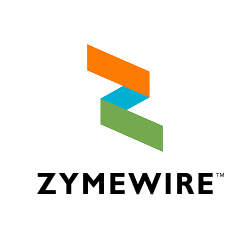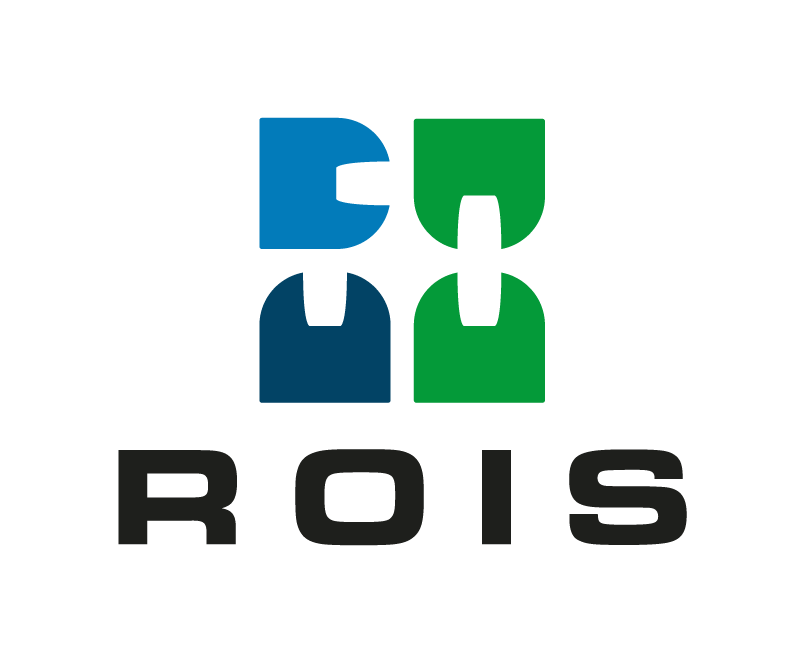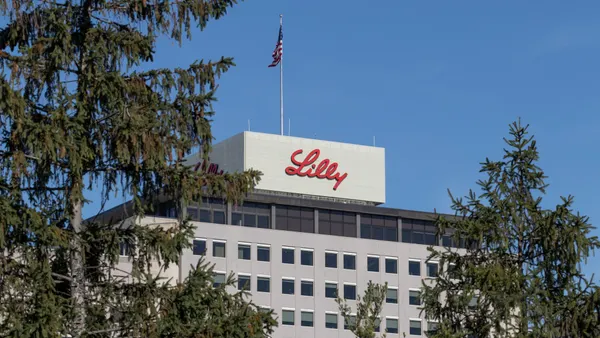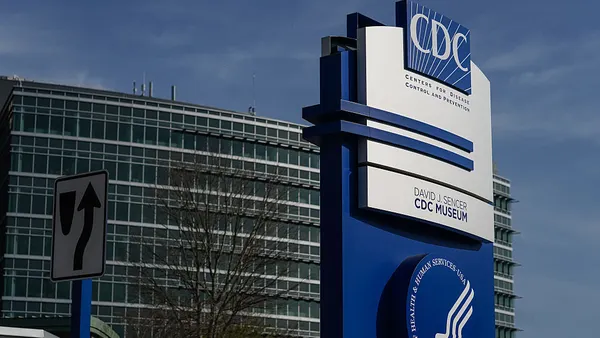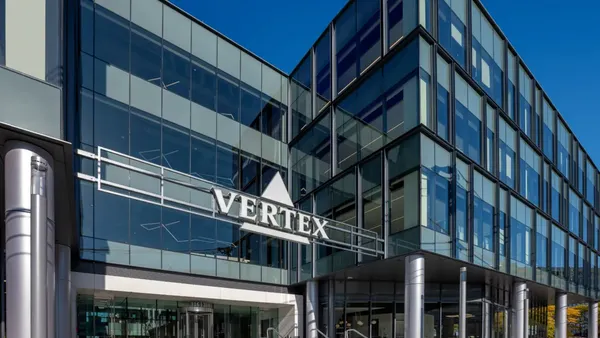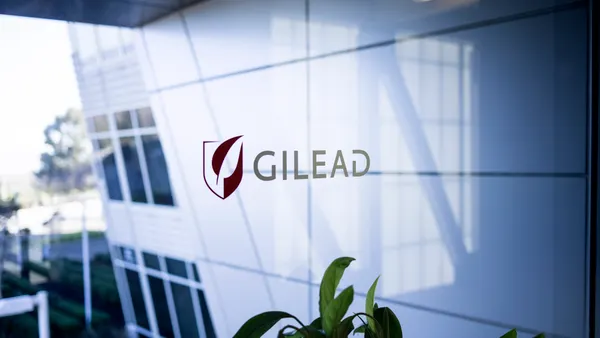Dive Brief:
- Johnson & Johnson has dropped a controversial plan to change how it discounts select drugs for hospitals, following pushback from providers and the federal government.
- J&J sought to pay hospitals after-the-fact rebates for two widely prescribed medications in the 340B Drug Discount Program, instead of discounting prices at the point of sale. Less than one month ago, the Health Resources and Services Administration sent J&J a letter threatening sanctions if the drugmaker enacted the program, noting it hadn’t received federal approval.
- On Monday, J&J notified HRSA that it would scrap the plan, though the drugmaker maintains that rebating drugs in 340B is legal and would improve transparency.
Dive Insight:
In August, J&J informed “disproportionate share” hospitals, which care for a large number of vulnerable patients, that it would stop giving them upfront discounts on psoriasis treatment Stelara and blood thinner Xarelto. Instead, starting mid-October the drugmaker planned to require hospitals pay the full price for the drugs and issue them a rebate later.
Hospitals immediately criticized the plan, claiming the change would allow J&J to seriously delay discounts and potentially avoid paying them altogether. They also argued the rebate plan violates 340B statute. Currently, drugmakers are required to provide the 340B price at the time of purchase.
HRSA, the HHS agency that oversees 340B, agreed, sending J&J a letter in September warning the drugmaker that rebating 340B drugs in such a way would be illegal. If J&J followed through with its plan, it could receive steep fines of about $7,000 per violation or face termination of its pharmaceutical pricing agreement with the government.
Losing that agreement would mean drugs manufactured by J&J would be cut out of Medicare and Medicaid coverage — a big stick for regulators, given J&J would lose access to tens of millions of patients.
J&J has argued 340B statute allows manufacturers to use rebates to offer the discounted 340B price to hospitals. The plan — which would give J&J an opportunity to verify a hospital’s purchasing and dispensing record for a 340B drug before that hospital receives a rebate — would also improve program integrity, according to J&J.
“J&J’s Rebate Model is a necessary first step toward restoring the 340B program’s intended purpose of enabling the program to operate efficiently and effectively in today’s complex healthcare system,” the New Jersey-based drugmaker wrote in its Sept. 30 letter to HRSA. But “due to HRSA’s unwarranted threats of excessive and unlawful penalties, J&J has no choice but to forgo implementation of the Rebate Model.”
Drugmakers and hospitals are perennially at odds over 340B, a program founded three decades ago to make it easier for cash-strapped hospitals to afford pricey pharmaceuticals. However, drugmakers argue 340B has ballooned out of control, and that hospitals are manipulating the program to turn a profit.
Meanwhile, hospitals argue drugmakers are attempting to duck paying discounts in 340B. That’s because the discounts can be steep — generally 20% to 50% off the list price of a drug.
Research is mixed on hospitals’ use of 340B funds, with some studies finding hospitals use revenue from the program to expand healthcare services and subsidize uncompensated care. Others have used it for purposes unrelated to patient care, like acquiring physician practices. Similarly, audits of covered entities have found many providers aren’t complying with 340B requirements like not reselling discounted drugs.
Concerns about program integrity have increased as the program has grown. 340B has swelled to include more than one-third of U.S. hospitals, while drugs purchased in the program grew by almost a fourth to about $54 billion between 2021 and 2022.
Congress is currently mulling over potential reforms to 340B, including forcing more transparency on hospitals.









